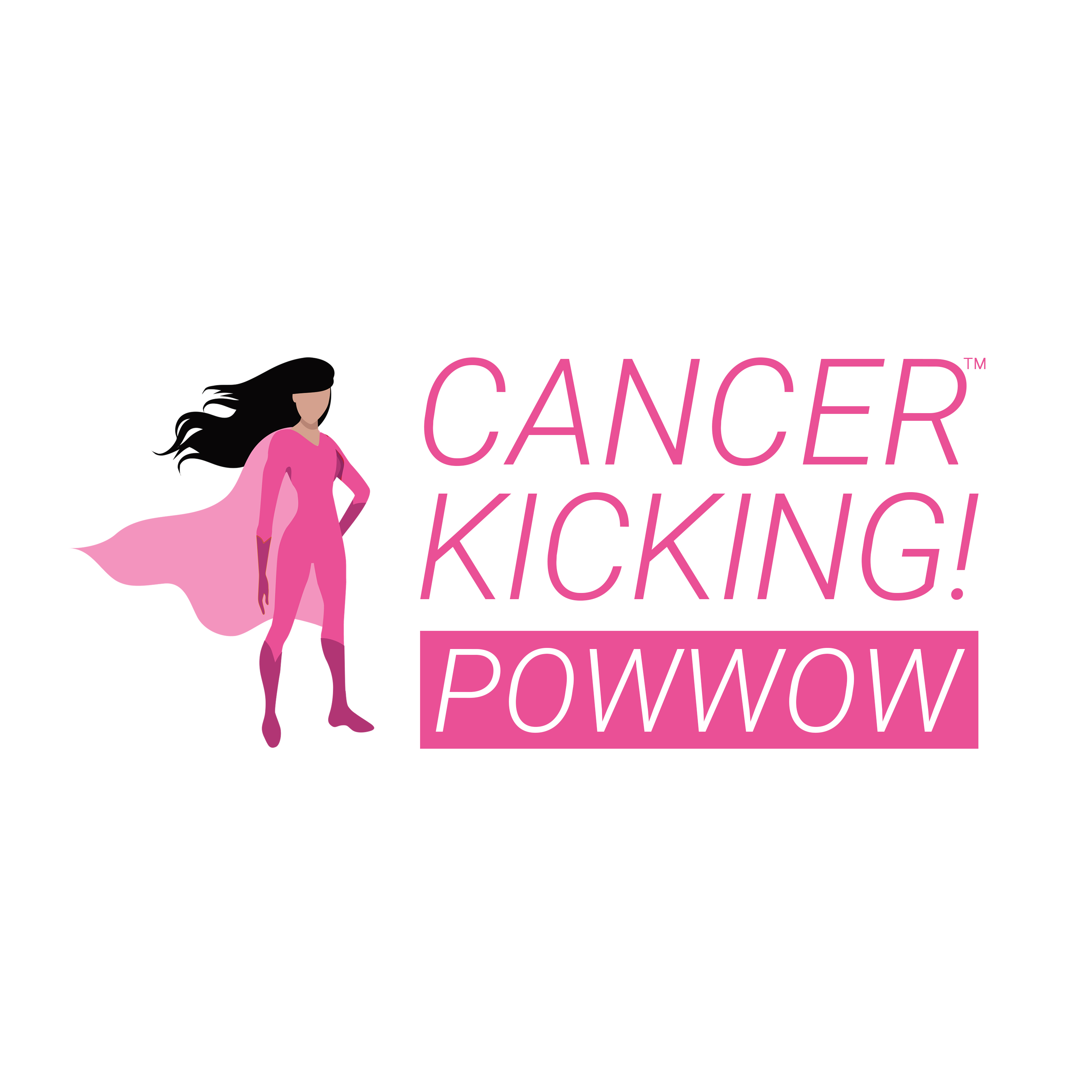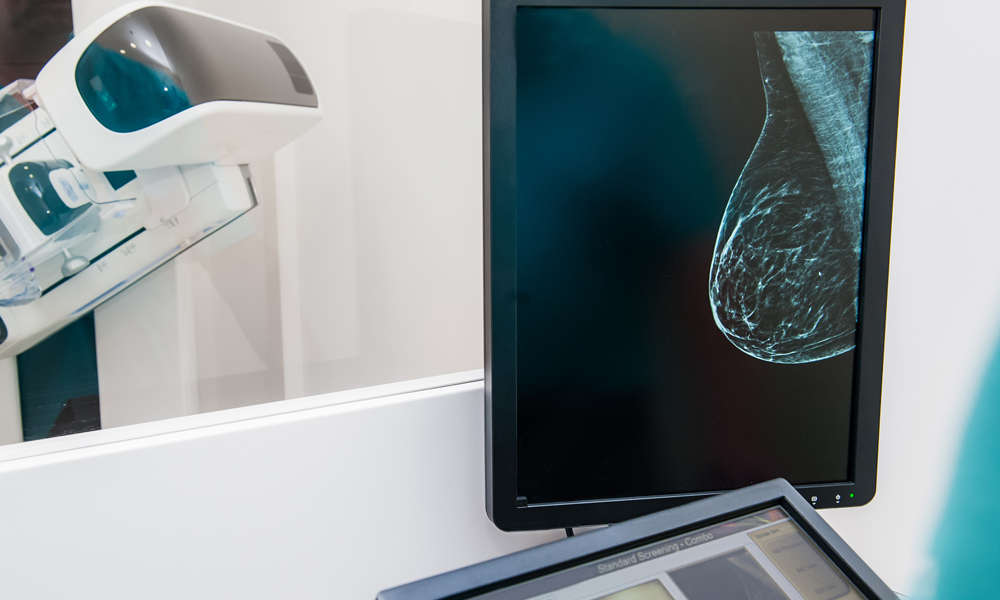Folic acid (also known as folate) is one of the B-vitamins. You’re probably aware of the recommendation for pregnant women to supplement with it because it helps to prevent birth defects. It’s just as important for you yourself, especially as you age, because folate is essential for healthy cell division and DNA synthesis and repair. Folate also works alongside B6 and B12 to engineer glutathione, the most powerful of all intracellular antioxidants, which detoxifies and eliminates carcinogens. Clearly, this is one must-have vitamin no matter what your age.
However, there’s an interesting fact about folate which evades most people: A large portion of the population cannot fully metabolize the man-made form of folic acid that’s found in supplements and added to foods due to a genetic variation. On top of that, regular alcohol consumers find themselves with the very same dilemma. If you fall in that group, you may be at increased risk for heart disease, Alzheimer’s disease, depression, and several types of cancer – including breast cancer. Here’s why many of us can benefit from a different form of folic acid, called methylfolate, which is the activated, ready-for-action form of the vitamin.
The MTHFR Enzyme
You can find folic acid in many fruits, vegetables and plant foods. Some of the best sources include spinach and other leafy greens, legumes (lentils, beans, peas, some nuts), asparagus, Brussels sprouts, broccoli, orange juice, and enriched breakfast cereals and breads. It’s also in multivitamin and B-complex supplements, so if you’re eating a healthy diet, and especially if you’re taking a supplement, you likely consume the 400 micrograms adults need each day.[1]
But before folic acid can work in your body, it must be converted to its active form, methylfolate. For that to happen, an enzyme called methylenetetrahydrofolate reductase (that’s a mouthful, so it’s called MTHFR for short, which you have to admit, sounds like a bad word) must work properly. The MTHFR gene provides instructions for the production of the MTHFR enzyme in your body which converts folic acid into methylfolate. When everything works as it should, your body can metabolize and use the folic acid you ingest from foods and supplements – that is, “when everything works as it should”.
Over 11 hours of video content are now available to stream from any device. If you cannot attend our annual Summit at Terranea Resort, sign up for the Virtual Summit instead and get the same information from the in-person Summit in the convenience of your own home.
Here’s the Catch
Researchers who study the impact of genes and genetic mutations on disease risk have realized that about half of us have a mutation or a variation in our MTHFR gene. That alteration impacts the body’s the ability to convert folic acid to the active form, which reduces the amount of methylfolate available to oversee and regulate your dividing DNA.
Having an MTHFR gene variation is like having a typo in the gene that tells the enzyme how to function. The enzyme will still work, but its activity may be compromised. You may have only between 65% to as little as 30% of normal function depending on whether you carry one or two of the defective genes.[2] MTHFR variations are especially common among Hispanics, Caucasians and Asians. It’s less common among Blacks, with only 1-2% affected.[1]
Stay Connected
Stay Connected
MTHFR Gene Mutations vs. Variations
Every cell in your body undergoes a process called methylation. It’s a biochemical reaction that allows normal functions in the body to occur. Think of it as a switch that’s flipped on so that the gears of a machine can run. When the methylation switch is turned on, the various metabolic cycles in the body, especially those that assist with repairing DNA, detoxifying the body, and reducing inflammation, can run normally.
As opposed to a variation, people carrying an MTHFR mutation always have the methylation switch turned off. The body can’t process homocysteine properly, which can lead to a buildup of homocysteine in the body, a condition called homocystinuria, which can cause health issues. Researchers know that people who have less methylfolate available because of the MTHFR gene mutation have a higher risk of heart attack and stroke. They’ve also noticed an association between the MTHFR mutation and psychiatric disorders and neurological diseases like depression, autism spectrum disorder, Parkinson’s disease and Alzheimer’s disease.[2] Because methylfolate is involved in DNA repair and replication, and it plays an important role in glutathione production and detoxification, an MTHFR mutation might also be associated with higher cancer risk. Breast cancer has been the focus of many studies.
Adequate amounts of methylfolate are critical for methylation to occur. If you can’t make methylfolate from folic acid due to a gene mutation, it’s important to take a supplement in it’s ready-to-use form. Unfortunately, this need is further elevated if you enjoy a drink on a regular basis (we’ll get to that shortly). With proper supplementation, your methylation switch will work as it should.
 We’ve been working hard on this. Add your e-mail address and we will tell you as soon as it launches.
We’ve been working hard on this. Add your e-mail address and we will tell you as soon as it launches.
"*" indicates required fields
What does it mean for Cancer?
No one knows if the mutation is a cause of breast cancer, but several studies have found that women with breast cancer also can have an MTHFR gene mutation.[2] A recent large review of 50 smaller studies on both breast and ovarian cancer risk found that the MTHFR mutation appears to increase the risk of both cancers, especially in Asians.[3] It’s not clear if the additional risk is from the genetic mutation itself, lower methylfolate levels, less glutathione to fight off cancer cells or something else. And to add to the confusion, not all studies agree that there’s any risk at all associated with an MTHFR gene mutation.
One thing is clear though. Women who eat a folate-rich diet (and probably boost up their methylfolate levels) have lower rates of breast cancer, while those with low intake of dietary folate have a greater risk.[4][5]
What about Alcohol Consumption?
Cheers! In the Nurses’ Health Study, among those in this study averaging one glass or more of alcohol a day, the drinkers who consumed the most folate from food or supplements plummeted their cancer risk by 89 percent compared to drinkers who had low folate. You see, alcohol inhibits the enzymatic conversion of folate into methylfolate, but adequate folate intake seems to make up for the hit to the enzyme. In the Iowa Women’s Health Study, over 34,000 women were followed for thirteen years. An increase in breast cancer correlated to low-folate/high-alcohol intake. Therefore, moderate drinkers (one or more drinks a day) should consider taking a custom methylfolate supplement like Cosmo Companion (not folic acid) with 800 micrograms once a day – or alternatively stop drinking so much. If you want to take a deep dive into this topic, make sure to read our popular blog post To Drink or not to Drink, We have some Answers.
Can’t you just Take more Folic Acid?
Taking more regular folic acid from supplements isn’t recommended. If you have the MTHFR mutation or one of the variations, your body might not be able to convert enough folic acid to the active useable form of methlyfolate; additionally, unmetabolized folic acid could have a negative effect on your immune system.[1] High intake of folic acid from supplements can actually be harmful – whether you have the mutation or not. Some studies have found that it might accelerate the growth of precancerous cells.[1][8]
To ensure that your methylfolate tank is filled to the right level, load up on colorful, folate-rich vegetables, fruits, and legumes at each meal. Also, avoid processed enriched breads, cereals, and pastas because they contain the folic acid form of the vitamin. Methylfolate is a much better option if you do have the MTHFR gene mutation or drink regularly, and it’s safe and probably more effective to take even if you don’t have the mutation.[8]
The bottom line is that although researchers have made great strides in understanding more about the impact of genes and genetic mutations on cancer and other disease risk, there’s still so much they don’t know. If you’re wondering if you have the MTHFR gene mutation, ask your doctor about getting tested. But know this: Having a genetic mutation might put you at increased risk, but it’s only one check in the risk column. There is much you can do in terms of a healthy diet, more effective supplements, and a healthy lifestyle to offset that risk.
Know this Fact
Clinically significant MTHFR gene mutations that could have health consequences would be indicated by abnormally high homocysteine levels, so if you’re concerned about a possible mutation, simply ask your doctor to check your blood’s homocysteine level, which is easier and cheaper than a genetic test. While MTHFR variations are quite common and could possibly lead to elevated health risks, actual MTHFR mutations are rare, around 1 in 200,000 people. It’s the variations that are seen commonly in people, and these do not necessarily need testing – just make sure to consume those folate rich foods!
References
- Folic Acid. National Institutes of Health Office of Dietary Supplements. https://ods.od.nih.gov/factsheets/Folate-Consumer/. Updated April 20, 2016. Accessed October 30, 2018.
- Liew SC, Gupta ED. Methylenetetrahydrofolate reductase (MTHFR) C677T polymorphism: epidemiology, metabolism and the associated diseases. European journal of medical genetics. 2015 Jan 31;58(1):1-0.
- He, L., & Shen, Y. (2017). MTHFR C677T polymorphism and breast, ovarian cancer risk: a meta-analysis of 19,260 patients and 26,364 controls. OncoTargets and therapy, 10, 227-238. doi:10.2147/OTT.S121472
- Chen P, Li C, Li X, Li J, Chu R, Wang H. Higher dietary folate intake reduces the breast cancer risk: a systematic review and meta-analysis. British journal of cancer. 2014 Apr;110(9):2327.
- De Batlle J, Ferrari P, Chajes V, Park JY, Slimani N, McKenzie F, Overvad K, Roswall N, Tjønneland A, Boutron-Ruault MC, Clavel-Chapelon F. Dietary folate intake and breast cancer risk: European prospective investigation into cancer and nutrition. JNCI: Journal of the National Cancer Institute. 2015 Jan 1;107(1).
- S. M. Zhang et al., “Plasma Folate, Vitamin B6, Vitamin B12, Homocysteine, and Risk of Breast Cancer,” Journal of the National Cancer Institute 95, no. 5 (2003): 373–80; S. Zhang et al., “A Prospective Study of Folate Intake and the Risk of Breast Cancer,” Journal of the American Medical Association 281, no. 17 (May 1999): 1632–37.
- T. A. Sellers et al., “Interaction of Dietary Folate Intake, Alcohol, and Risk of Hormone Receptor-Defined Breast Cancer in a Prospective Study of Postmenopausal Women,” Cancer Epidemiology, Biomarkers and Prevention 11, no. 10 (October 2002): 1104–10.
- Scaglione F, Panzavolta G. Folate, folic acid and 5-methyltetrahydrofolate are not the same thing. Xenobiotica. 2014 May 1;44(5):480-8.




























